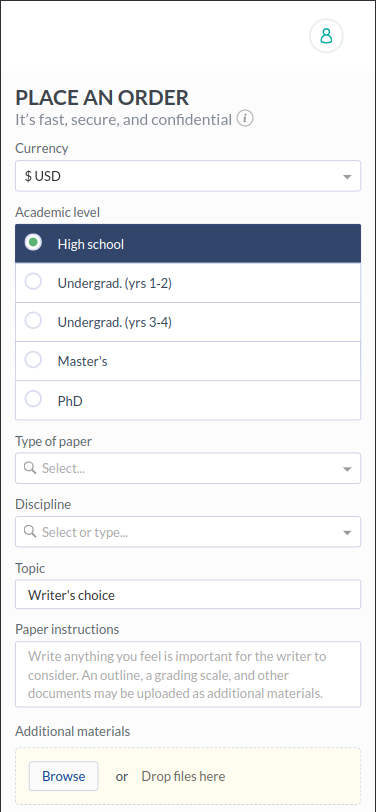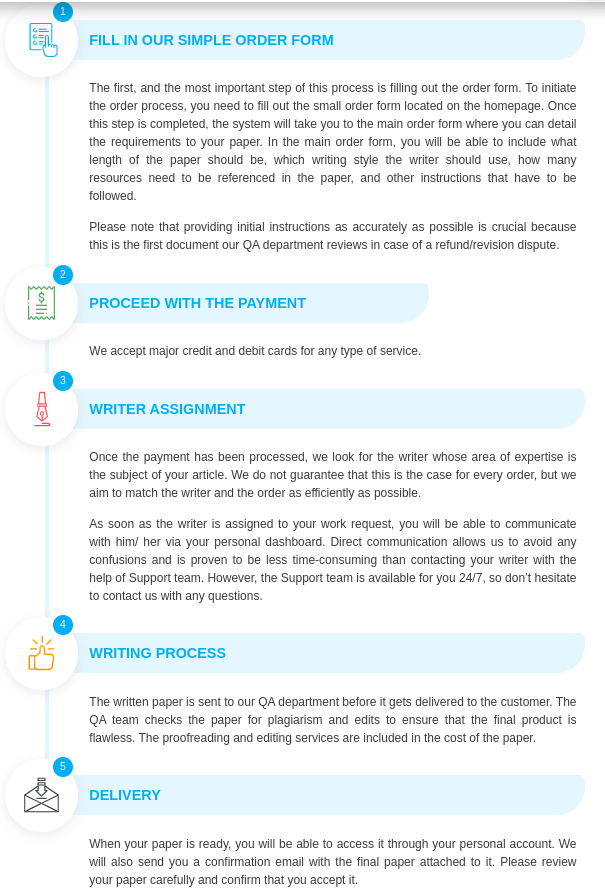6531 Week 7 iHuman Case Study Answers Loose Stools
History Questions
- How can I help you today?
- Do you have any other symptoms or concerns qwe should discuss?
- Any change in the frequency of your bowel movements?
- When did your diarrhea start?
- How severe is your diarrhea?
- How long does your diarrhea last?
- Does your diarrhea come and go?
- Does anything make your diarrhea better or worse?
- Do you have diarrhea?
- When did your abdominal pain start?
Reason for encounter
Loose stools
History of present illness (HPI)
The patient is a 25 year old female presenting for the evaluation of altered bowel habits characterized by intermittent diarrhea and loose stools daily. She reports atleast 5 episodes of diarrhea every month and 2 – 3 loose stools daily. The diarrhea started 3 months ago and lasts about a day. Both symptoms worsen with caffeine intake or too much stress and have a severity of 3/10. She also reports associated abdominal pain that started about 3 months ago, it is generalized with more of a bloated and cramping feeling. The pain is intermittent, aggravated with stress and relieved with bowel movements.
She denies feeling sad/depressed, abnormal vaginal bleeding, pain/discomfort with urination, chest pain, greasy /foul smelling stools, stools that are unusually light in color, black/foul-smelling stools, rectal fullness, change in the shape of stools, weight loss, or fevers.
Physical Exam
- Blood pressure
- Pulse
- Respiration
- Temperature
- Inspect skin overall
- Auscultate lungs
- Auscultate heart
Problem Statement
A 25 year old female presents for evaluation of abdominal pain, abdominal cramping, and altered bowel habits. She reports periods of loose stools alternating with intermittent diarrhea for the last three months. Symptoms are aggravated with family-related and work-related stress, meals, and caffeine intake and relieved with bowel movements. Physical exam is significant for hyperactive bowel sounds, mild abdominal tenderness on palpation, a mildly distended abdomen, and a negative guaiac test.
ORDER 6531 WEEK 7 iHUMAN CASE STUDY ANSWERS LOOSE STOOLS HERE
Case Findings
- Altered bowel habits; intermittent diarrhea (at least 5 times per month) and 2 loose stools daily
- Chronicity of symptoms 3 months in duration
- Generalized abdominal pain and cramping
- Symptoms relieved by defecation, worsened with recent stress, caffeine, and food intake
Case Problem Statement
The patient is a 25-year old female with no prior PMH who reports intermittent episodes of diarrhea 5 times per month and a2 loose stools daily for 3 months with generalized abdominal pain and cramping, unrelated to specific food intake. There is increased caffeine consumption and life stressors but no concerning psychiatric symptoms. She denies fever, weight loss, melena, steatorrhea, recent travel, known sick contacts, or family history of gastrointestinal disorders. Vitals are within normal limits and physical examination is notable for a mildly distended abdomen with diffuse mild tenderness and hyperactive bowel sounds but no guarding, rebound tenderness, hernias, or masses. Rovsing’s and stool guaiac tests are negative.
Primary Diagnosis
Irritable Bowel Syndrome ICD10 K58.0 –
the patient reports a longstanding history of recurring abdominal pain with altered bowel habits and bloating (Lacy et al., 2021). She admits that the pain is relieved with bowel movements and associates it with potential triggers; stress and increased caffeine intake.
Plan Feedback
Pharmacologic Care
- Prescribe loperamide 2-4 mg PO as needed for loose stools once daily 45 minutes before breakfast
- Prescribe dicyclomine 20mg PO every 6 hours as needed for abdominal cramping
- Recommend taking an over-the-counter probiotic daily
Supportive Care
- Encouraged to keep a food diary to help identify possible food triggers
- Recommend soluble, high fiber diet to help bulk stool
Patient Education
- Provided education on new diagnosis, risk factors, treatment, and medication side effects
- Educated on reducing risk factors and limiting caffeine intake
- Instructions provided on avoiding certain foods that can increase GI symptoms like FOODMAPS and gas-producing foods
Follow-up
- Follow-up in 1 month to assess symptoms
- Cognitive behavioral therapy and LGBT community resources offered for support
- Consider future referral to gastroenterology if symptoms not resolving at next appointment
References
Cushing, K., & Higgins, P. D. (2021). Management of Crohn disease: a review. Jama, 325(1), 69-80. https://doi.org/10.1001/jama.2020.18936
Gros, B., & Kaplan, G. G. (2023). Ulcerative colitis in adults: A review. Jama, 330(10), 951-965. https://jamanetwork.com/journals/jama/fullarticle/10.1001/jama.2023. https://doi.org/10.1001/jama.2023.15389
Lacy, B. E., Pimentel, M., Brenner, D. M., Chey, W. D., Keefer, L. A., Long, M. D., & Moshiree, B. (2021). ACG clinical guideline: management of irritable bowel syndrome. Official journal of the American College of Gastroenterology| ACG, 116(1), 17-44. https://doi.org/10.14309/ajg.0000000000001036.
Rubin, J. E., & Crowe, S. E. (2020). Celiac disease. Annals of internal medicine, 172(1), ITC1-ITC16. https://doi.org/10.7326/aitc202001070
ORDER 6531 WEEK 7 iHUMAN CASE STUDY ANSWERS LOOSE STOOLS HERE




